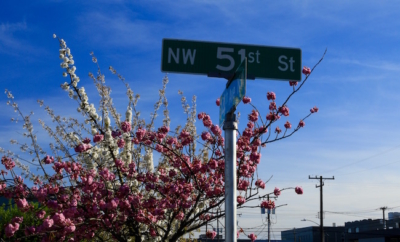
Psychoanalysis
Confidence And Doubt
Most of us are attracted to confidence and repulsed by doubt. This attitude plays a role in just about every sphere of life, in our romantic, professional, political, and friendly relationships.
What it probably comes down to is existential anxiety. Certainty provides a powerful buffer against existential anxiety while uncertainty produces more of it. By latching on to those who project confidence, and with this confidence a sense of certainty around how to think and act, while at the same time avoiding those who project doubt, and with this doubt uncertainty around how to think and act, our own existential anxiety is reduced.
The problem from the psychonalytic point of view is that, as with all things psychological, what you see is not always what you get. What appears to be confidence is often arrogance or blind disregard for the danger inherent in a situation. It might be a rationalization for a death wish. Or a reaction formation whose function is to hide the true feelings of doubt and uncertainty broiling underneath. And what appears to be doubt is often the result of careful analysis of the situation, of the use of reason and intelligence to take extra time to decide how to proceed so that the best decision can be made.
So we see that confidence is not always a good thing and doubt is not always a bad thing since both of these visible states of being are often actually covers for something else. In fact we could make the argument that true confidence is always the result of doubt, of taking a full appraisal rather than jumping the gun, which means that confidence and doubt, rather than being opposites of one another, are inextricably intertwined.




